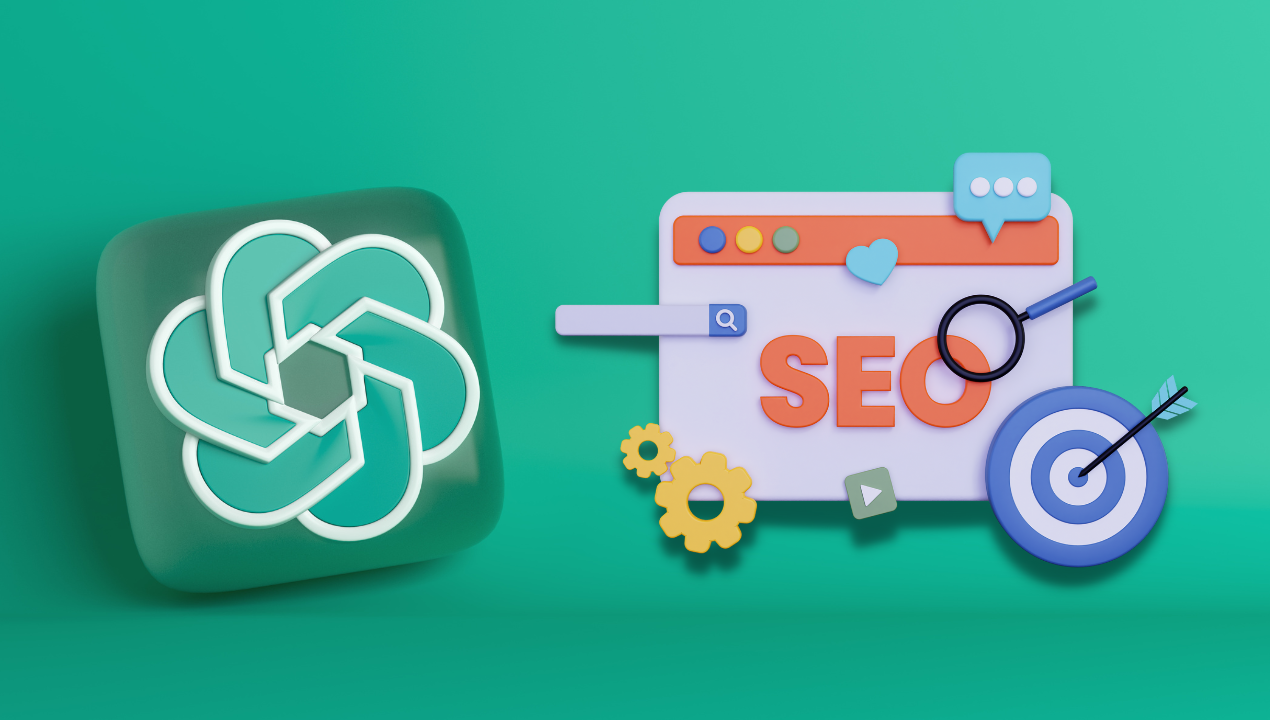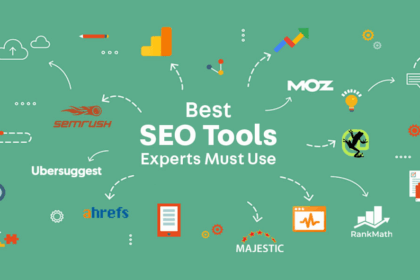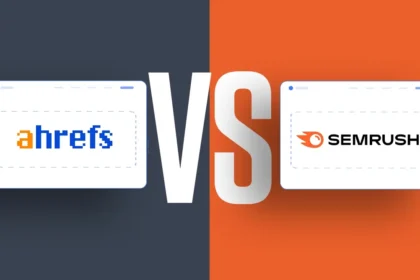In the ever-evolving landscape of digital marketing, search engine optimization (SEO) remains a cornerstone strategy for driving organic traffic and increasing online visibility. With advancements in artificial intelligence, tools like ChatGPT have garnered attention for their potential to aid in SEO optimization. But how well does ChatGPT really perform in this domain? This review delves into the capabilities, strengths, and limitations of ChatGPT when applied to SEO tasks, helping marketers and content creators understand its practical value.
Understanding ChatGPT’s Role in SEO
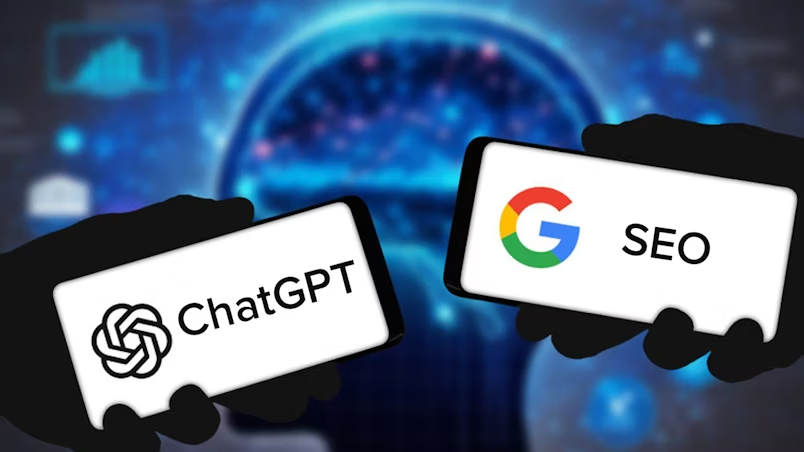
ChatGPT is a language model developed by OpenAI that excels in generating human-like text based on prompts. Its applications range from drafting emails to creating content and brainstorming ideas. In SEO, it can assist with keyword research, content creation, meta description generation, and even competitor analysis to some extent. However, SEO is multifaceted, involving technical, on-page, and off-page strategies, which means ChatGPT’s role is primarily supportive in content creation and optimization rather than a full-fledged SEO tool.
Strengths of ChatGPT in SEO Optimization
1. Content Generation at Scale
One of ChatGPT’s standout features is its ability to produce large volumes of readable and coherent content quickly. For SEO, this is a huge advantage, as websites need a steady flow of relevant and engaging articles to rank well. ChatGPT can draft blog posts, product descriptions, and FAQs that incorporate target keywords naturally, helping improve content relevance.
2. Keyword Integration and Suggestions
While ChatGPT doesn’t replace dedicated keyword research tools, it can incorporate keywords effectively when provided. By prompting the model with specific keywords or phrases, it can weave them into the content organically. Moreover, it can generate related terms and synonyms that help diversify keyword usage, which is beneficial for semantic SEO.
3. Meta Descriptions and Titles
Crafting compelling meta titles and descriptions is crucial for click-through rates. ChatGPT can generate multiple versions of these elements quickly, enabling marketers to test and select the best performing options. Its ability to produce concise, engaging snippets can enhance search listings’ appeal.
4. Content Optimization and Editing
ChatGPT can help improve existing content by rephrasing sentences, enhancing readability, and ensuring keyword density is appropriate. This editing capability supports on-page SEO efforts by making content more user-friendly and search-engine friendly.
Limitations and Challenges
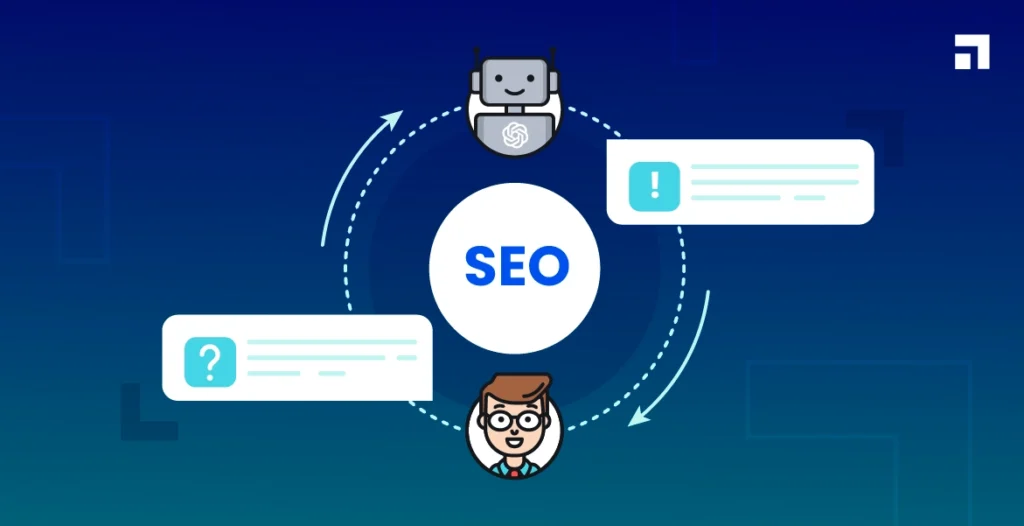
1. Lack of Real-Time Data and Search Trends
A significant limitation is ChatGPT’s knowledge cutoff date and lack of access to real-time search data. SEO trends, search volumes, and competitor strategies evolve constantly, and without current data, ChatGPT cannot provide insights based on the latest market dynamics or Google algorithm updates.
2. Technical SEO Shortcomings
SEO is not just about content; technical factors such as site speed, mobile optimization, schema markup, and backlink profiles are equally important. ChatGPT does not analyze or improve these technical aspects, so relying solely on it for SEO is insufficient.
3. Risk of Generic or Over-Optimized Content
If not guided carefully, ChatGPT can produce content that feels generic or stuffed with keywords unnaturally, which might hurt SEO rather than help it. The model needs human oversight to ensure the tone, style, and keyword integration align with the brand voice and SEO best practices.
4. Ethical and Originality Concerns
Since ChatGPT generates text based on patterns from vast datasets, there’s a risk of unintentional plagiarism or repetitive phrasing. Marketers must review and customize content to maintain originality and avoid SEO penalties for duplicate content.
Practical Tips for Using ChatGPT in SEO
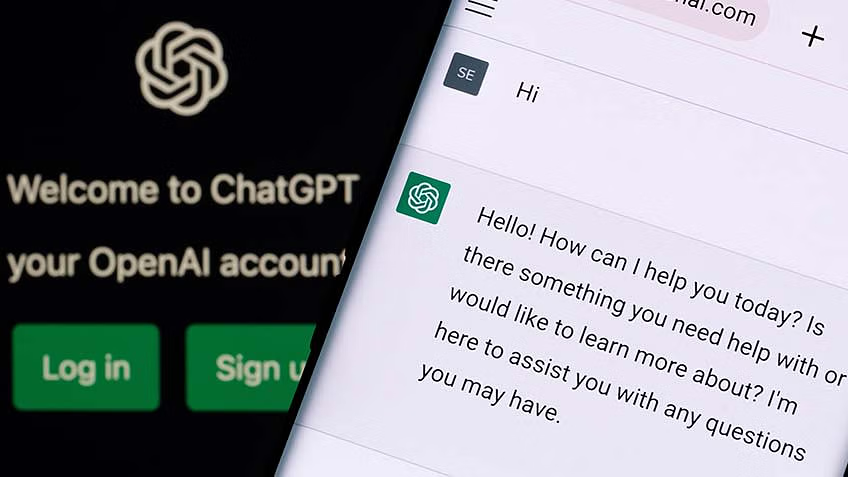
- Combine with SEO Tools: Use ChatGPT alongside SEO software like Ahrefs, SEMrush, or Moz to gather accurate keyword data and competitor insights.
- Human Editing: Always review and edit AI-generated content for quality, accuracy, and brand consistency.
- Focus on User Intent: Guide ChatGPT prompts to address specific user queries and pain points, improving content relevance.
- Avoid Over-Reliance: Use ChatGPT as a supplement for ideation and drafting rather than a one-stop solution for all SEO tasks.
- Update Content Regularly: Since ChatGPT’s knowledge isn’t current, regularly update AI-assisted content with fresh data and insights.
Conclusion
ChatGPT is a powerful tool for enhancing certain aspects of SEO, particularly content creation, keyword integration, and meta tag generation. Its ability to produce coherent, keyword-rich text quickly makes it a valuable asset for marketers looking to scale their content efforts. However, it is not a replacement for comprehensive SEO strategies that include technical optimization, real-time analytics, and ongoing performance tracking.
To maximize the benefits of ChatGPT in SEO, marketers should blend AI-generated content with human expertise and robust SEO tools. By doing so, they can harness the efficiency of AI while maintaining the strategic and creative elements essential for SEO success. As AI technology evolves, the synergy between human insight and machine intelligence will likely become a defining factor in future SEO excellence.


